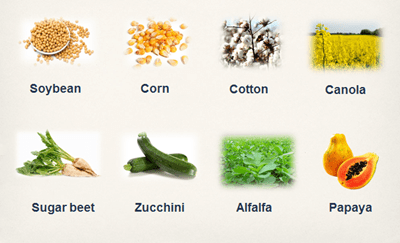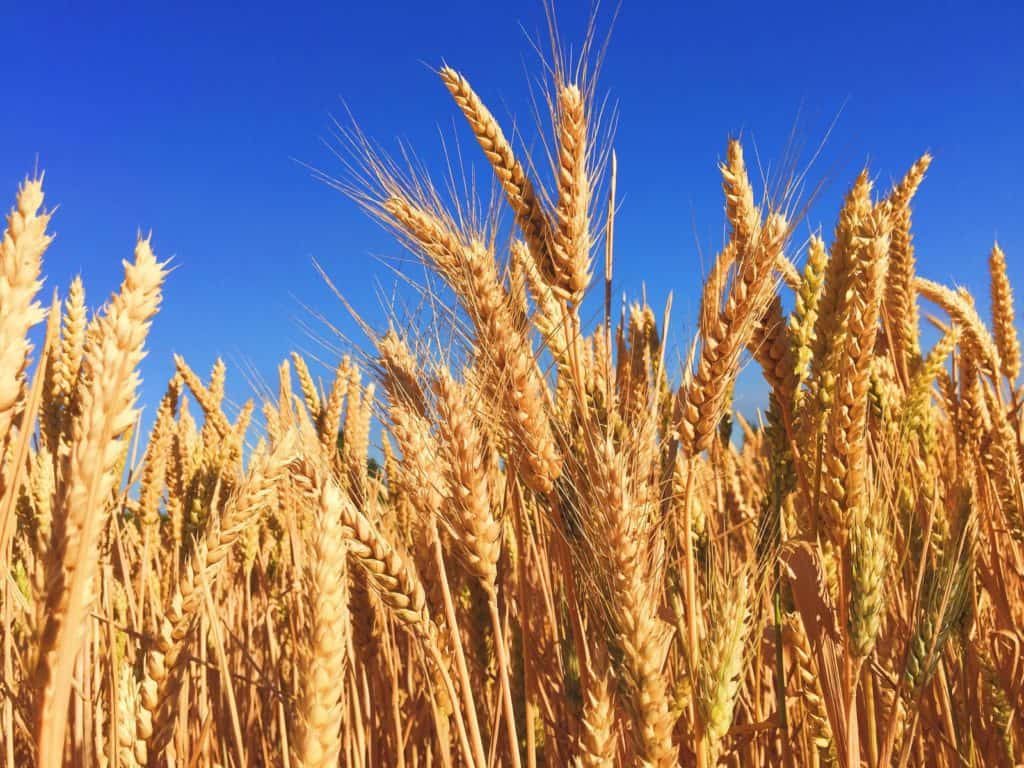FoodChain ID Testing offers GMO testing for grain, seed, and plant material for the following crops:

The sample sent to the laboratory should be taken in a manner that insures it is statistically representative of the larger lot of material. The recommended sample size for testing whole beans and grain contains at least 10,000 beans/kernels. Samples in this size range are not too large to ship and process, yet offer a high degree of statistical strength.
Let our Expertise Work for You!
If GMO testing is required to meet your business objectives, please call us at +1.888.229.2011 (Toll Free USA/Canada) or 1.641.472.9979 or click here to contact us. A technical advisor will be happy to assist you in determining which testing protocols are appropriate for your target market.
FoodChain ID Testing offers a broad portfolio of ISO 17025 accredited GMO tests which can be customized to meet the customer’s needs. Each GMO test employs duplicate DNA extraction, duplicate PCR reactions and exacting control reactions. These are just a few of the practices that make FoodChain ID Testing’s GMO analysis one of the most robust available. Equally important are the services of our solution-oriented FoodChain ID Testing account managers who will work in partnership with you to meet the often complex GMO related challenges that may arise. FoodChain ID Testing possesses the expertise and technological capabilities necessary to design custom testing to suit your specific GMO detection requirements.
Selection of the proper test involves many considerations, including your sample type, the likely sources of GMO, your requested turn-around time, buyer’s requirements, the intended export markets, and applicable government regulations. The primer sets you choose will depend on, whether your product is a broad-spectrum (cross species) or single species sample. We recommend that you consult with one of our account managers before making your testing decision. Their expertise will help you determine the most cost-effective solution for your specific testing requirements.
- Single-Species GMO detection provides total GMO content of a single species and is most suitable for products such as grains, flours, soy isolates, etc., where there is a single source of GMO.
- Broad-Spectrum (cross species) GMO detection determines GMO content from one or more sources of GMO. It is useful for determining GMO content in multiple ingredient products, but it will not identify the genetically modified species or variety.
- Variety-Specific GMO detection identifies individual GMO varieties such as Roundup Ready® Soy.
- GMO Qualitative Analysis reports the presence or absence of GMO, but will not quantify how much GMO is present.
- GMO Semi-Quantitative Analysis reports GMO content above or below one or more thresholds (e.g., 0.1% and 1%)
- GMO Real-Time Quantitative Analysis reports precise quantitative results of GMO content.
FoodChain ID Testing’s Limit of Detection is 0.01% and our Limit of Quantitation is 0.05%
[table id=26 /]
If a sample requires more than one GMO test, the additional GMO testing fees may be reduced. Please call for more information.
Volume discounts are available. Please contact a FoodChain ID Testing account manager for more information.
Please submit samples for testing to this address:
FoodChain ID Testing
Order Processing
4150 Lafayette Center Drive
Suite 600
Chantilly, VA 20151 USA
Tel: +1.641.472.9979
Tel: +1.888.229.2011 (Toll Free USA/Canada)
Fax: +1.641.472.9198
Email: testing@foodchainid.com

